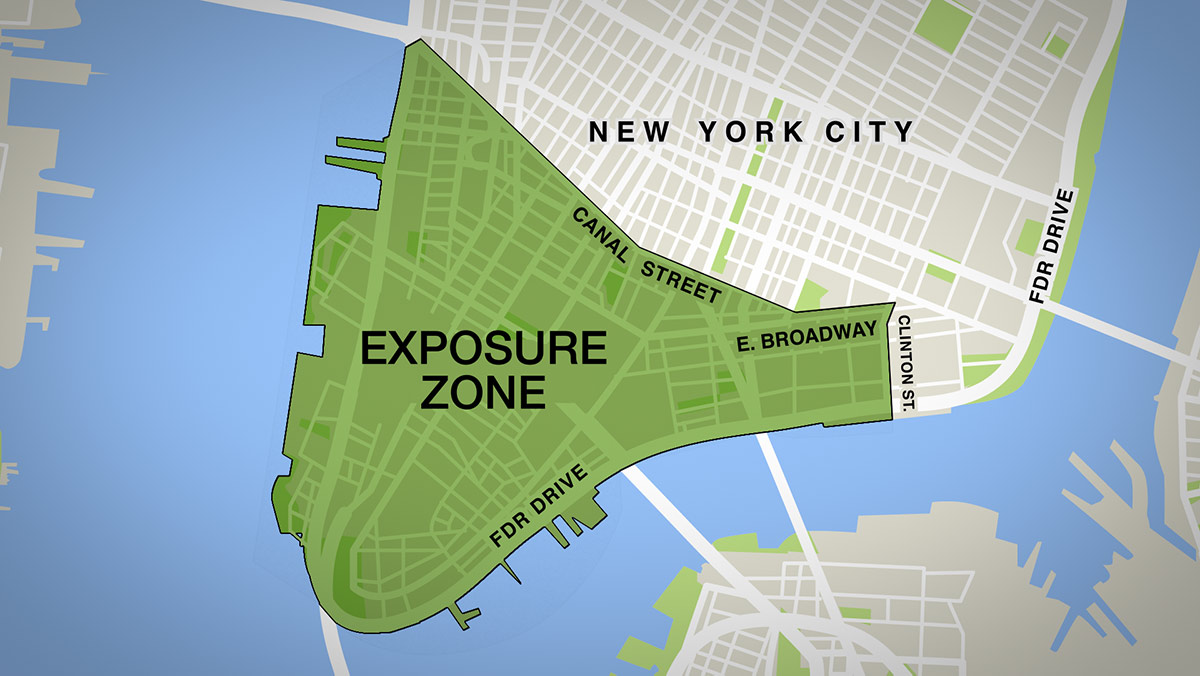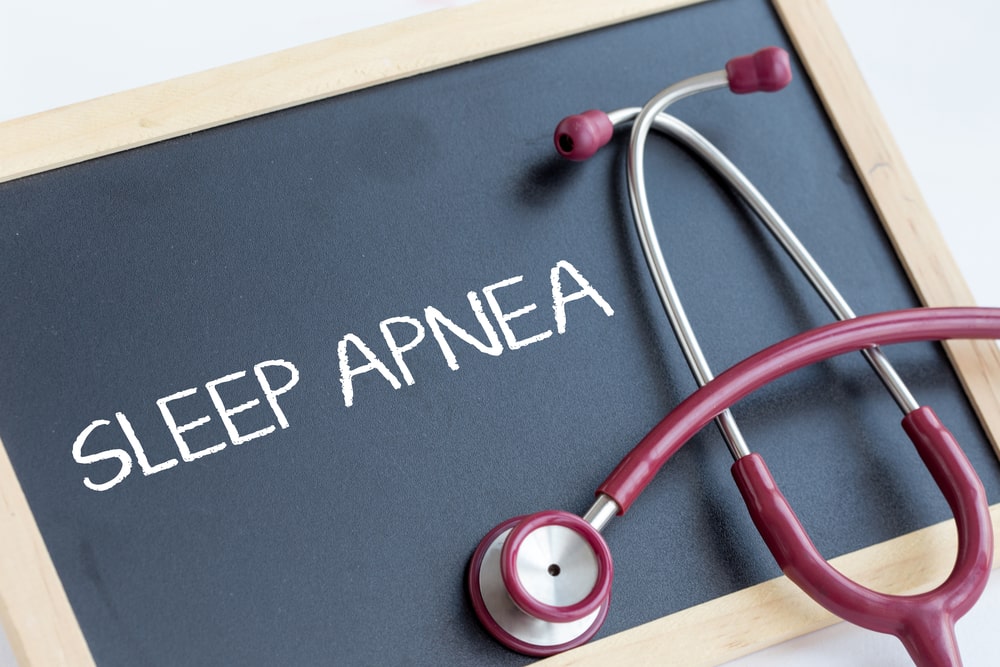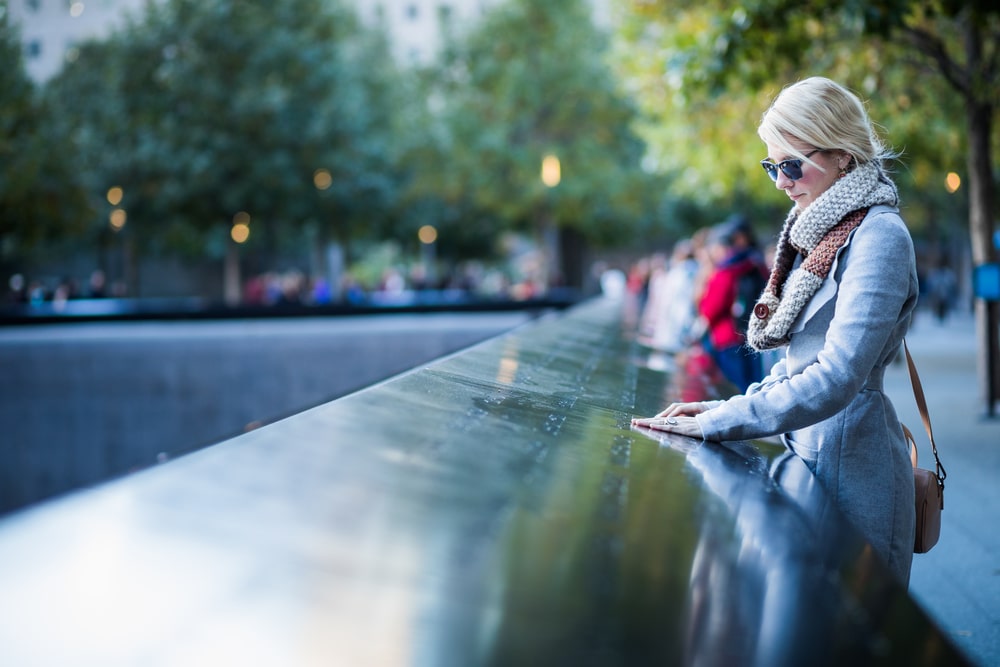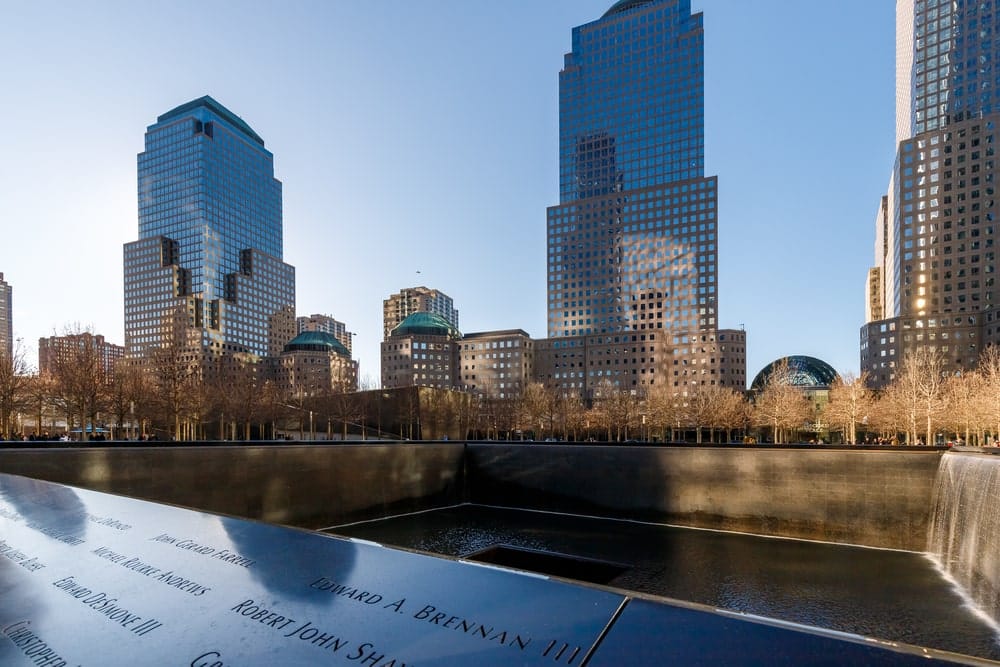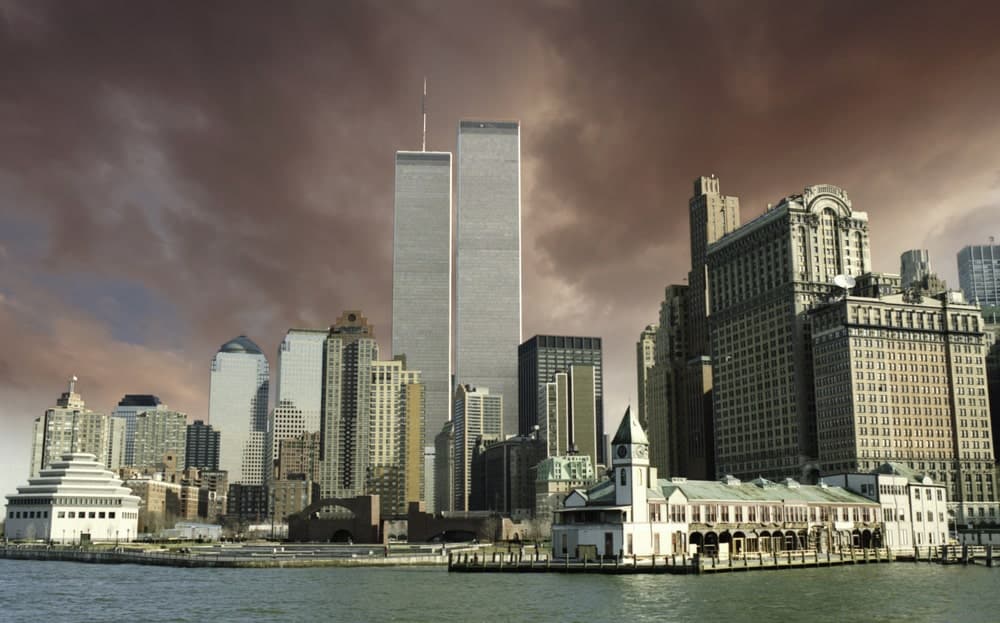
The Victim Compensation Fund, or VCF, was created by Congress in response to the 9/11 terrorist attacks on the World Trade Center, the Pentagon, and the events in Shanksville, Pennsylvania. Originally, it was a program to compensate victims and their families in exchange for their agreement to not sue the airlines. The original fund closed in 2004, and was replaced by the Zadroga Act, so named in honor of James Zadroga, the first NYPD officer to die from exposure to the toxic dust and chemicals following his participation in the search and rescue operations at the WTC.
In 2019, H.R. 1327, the “Never Forget the Heroes: James Zadroga, Ray Pfeifer, and Luis Alvarez Permanent Authorization of the September 11th Victim Compensation Fund” was signed into law, ensuring that it the VCF is permanently funded through fiscal year 2090.
While no amount of money can erase the memory of the horrors of 9/11, VCF compensation can ease the financial burden that befell victims and their families, including those who lost a loved one:
“The September 11th Victim Compensation Fund (VCF) provides compensation to individuals (or a personal representative of a deceased individual) who were present at the World Trade Center or the surrounding New York City exposure zone; the Pentagon crash site; and the Shanksville, Pennsylvania crash site, at some point between September 11, 2001, and May 30, 2002, and who have since been diagnosed with a 9/11-related illness. The VCF is not limited to first responders. Compensation is also available to those who worked or volunteered in construction, clean-up, and debris removal; as well as people who lived, worked, or went to school in the exposure zone.”
How Long Does It Take To Receive Compensation From The VCF?
Effective May 31, 2021, the VCF’s claim process was streamlined to “shorten the timeframe” between the date of claim submission and the award (the financial compensation). Claims are generally reviewed and paid on a “first in-first out” basis. Put simply, the VCF gives precedence to long-standing claims over newer ones during review. However, claims are prioritized for review only after all required information has been submitted.
Each claim undergoes a thorough review in two stages; the preliminary review and the substantive review. Processing time varies based on factors such as claim complexity and completeness, accuracy of information, and timeliness of responses to VCF requests. Additionally, complexities in deceased claims, requiring validation of the Personal Representative’s legal authority, may extend processing times. Factors affecting processing time include:
- Claim complexity
- Completion of the claim submission
- Accuracy of information provided
- Timeliness in responding to any subsequent VCF requests
- Third-party information availability
- Number of claims in the queue ahead of you.
As of 2024, the VCF aims to expedite claim decisions. Claims submitted before September 2022 are currently under review, with those from March 2023 undergoing preliminary assessment.
9/11 VCF Claim Schedule
Currently, the 9/11 VCF claim schedule is as follows:
- Claims submitted prior to June 2020 are currently receiving award decisions
- Claims submitted prior to July 2020 are currently in substantive review (meaning they are being evaluated to verify that any required deadlines were met; that there is an eligible 9/11-related illness or condition; confirming resolution of any other 9/11-related lawsuits; if applicable, validation of a Personal or Authorized Representative)
- Claims submitted in August-September 2020 will come under substantive review soon
- Claims submitted in October-November 2020 are in preliminary review. A preliminary review includes confirmation of receipts and exhibits; “presence” documents proving presence in the exposure zone within the specified dates; an authorization for Release of Medical Records; if applicable, documents required for designation of Personal or Authorized Representative. Additional information may be required from employers, government entities, and/or other third parties.
The last step is called “Issue Award and Process Payment.” This includes:
- Upon calculation of the award, a letter is sent explaining the breakdown of the award and an option to appeal the decision within 30 days, if the claimant believes an error was made in the calculation.
- If there is no appeal, payment is authorized within 20 days of the end of the 30-day appeal period. If there is an appeal, payment is authorized once a decision is rendered following the appeal.
- Once payment is authorized, it may take up to three weeks for the U.S. Treasury to disburse the money into the bank account designated on the payment authorization document submitted by the claimant to the VCF.
- Once the Treasury confirms payment has been made, the VCF sends a letter confirming payment has been issued.
Can a 9/11 VCF claim be expedited?
Not every claim can be expedited. Typically, an expedited claim is one in which:
- There is “significant financial hardship.” The VCF considers this to include imminent or pending foreclosure of a residence or an eviction proceeding, a utility cut off, or certain other dire circumstances
- A 9/11 victim is facing a terminal illness
- The claim form and all necessary documentation are included
Upon receiving a request for an expedited claim, the VCF will review the request and send notification as to whether the request is granted or denied, typically within 48 hours.
How much 9/11 VCF compensation is available?
The VCF calculation of loss includes two different “types” of losses: economic and non-economic. Economic compensation includes loss of income and tangible losses, such as certain medical expenses, funeral costs, or household services that were previously performed by the victim. Determining compensation for loss of income depends on the wages or salary of the victim prior to his or her illness, condition, or death, as well as the age of the victim.
Non-economic losses include “physical and emotional pain, suffering, inconvenience, physical impairment, mental anguish, disfigurement, loss of enjoyment of life, loss of society and companionship, loss of consortium (other than loss of domestic service), hedonic damages, injury to reputation, and all other non-pecuniary losses of any kind or nature.”
At this time, compensation for a victim’s death is $250,000, plus $100,000 for the spouse and each dependent. “The maximum non-economic loss for any one type of cancer condition is $250,000, and the maximum non-economic loss for any one type of non- cancer condition is $90,000. If the victim has more than one type of cancer, the Special Master may issue an award that makes an adjustment above $250,000 to account for multiple cancers. Similarly, if the victim has cancer and severe non-cancer conditions, the Special Master may issue an award that makes an adjustment above $250,000 to account for multiple conditions.”
How can a 9/11 VCF lawyer help with the VCF claims process
Lawyers who have vast experience in working with the VCF—who understand the claims procedures and are able to foresee and eliminate any potential issues—often help claimants get full and fair 9/11 compensation more quickly. It also takes the worry and the burden off the shoulders of claimants who are already struggling with medical and financial issues, and who may miss important deadlines or file incomplete claims, thereby stalling the claim process or, worse yet, having a legitimate VCF claim denied.
Contact a 9/11 VCF Lawyer at Weisfuse & Weisfuse, LLP
Learn more about how one of VCF compensation attorneys can help you get your claim approved and paid. Whether you are a victim suffering a 9/11-related illness or condition or the Personal Representative of surviving family members, we are available to get justice and financial compensation. To schedule a free consultation, contact us online or call us at 212-983-3000.


